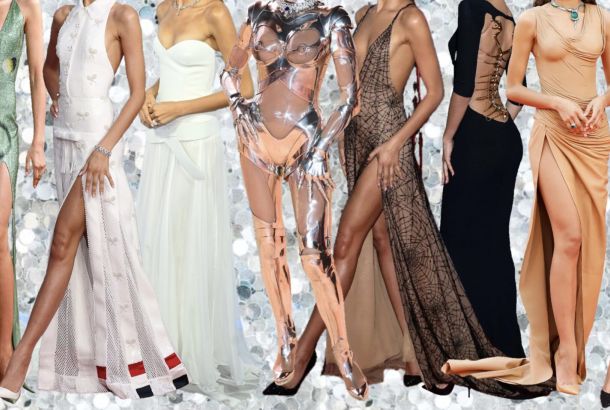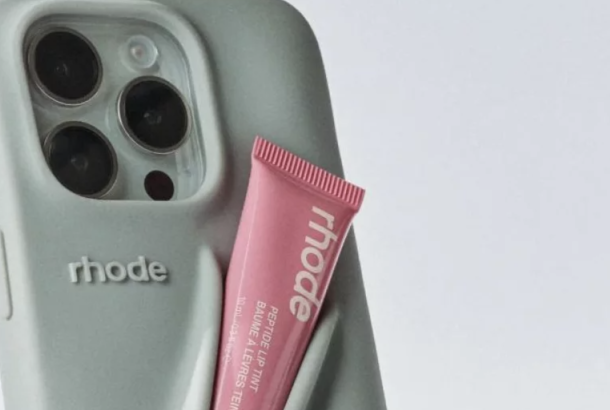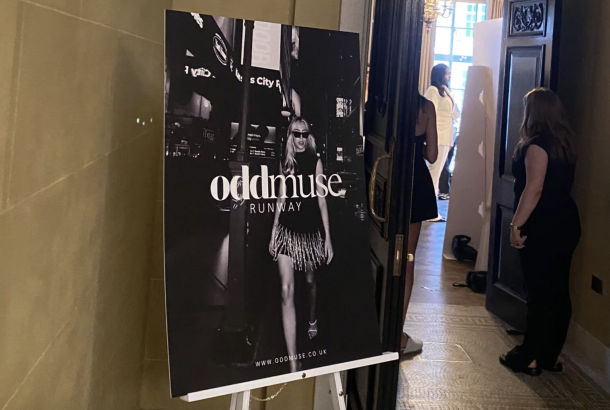Fifty shades of beige
By Nikki Patel
My ongoing nine year ‘foundation voyage’ has been a turbulent and complex one, and I have left a countless number of beauty counters either as Peppa Pig’s twisted human doppelganger, or a bizarre hue of biscuit (neither or which, by the way, correspond with my own natural skin tone, I’d say I’m more Hovis multigrain). Year after year I would cake my face with the alien shades at my disposal, and photo after photo I was harshly reminded me that I was trying to be part of an industry that simply didn’t want me there.
Whether I was counting my pennies in Superdrug or making an investment at Selfridges, it seemed that most make-up brands either hadn’t cottoned on to the existence of darker skin, or that they simply didn’t care. Bobbi Brown recently divulged that at the beginning of her career, she had to formulate make-up for her darker skinned models, as their natural shades simply weren’t available. The industry had a ‘one size fits all approach’, the only problem being that ‘all’ was code for ‘Caucasian’ and the sizing system cruel.
Nowadays it would seem that the story is a little different, though there is still a lot of progress to be made. Pioneers of the beauty industry such as Nars and Mac openly celebrate ethnic difference and equality, catering for all skin types and tones. What’s more when black model Jourdan Dunn was chosen as he face of YSL’s touche eclat shades for darker skin, it was a ‘breakthrough’. And interestingly enough, Lancôme actually consulted the US research group Women of Color to develop their new Teint Idole Ultra 24hr foundation, their most inclusive range.
Although I appreciate and recognise products specially formulated for ethnic skin, I can’t help but feel that their existence (particularly that of the tactlessly named ‘Black Up’) equates to pointing the finger at someone and zealously, screaming “you’re different, Chanel wasn’t made for you.” It therefore makes me proud to see that aside from specialist beauty brands such as Flori Roberts and Fashion Fair, iconic and global brands are channelling their energies into catering to the spectrum of skin colours that fall between black and white.
Although these shifts within the beauty world may well reflect changing attitudes towards ethnic difference, it isn’t simply a question of featuring an ‘ethnic’ cover girl or widening the global roster of foundation shades, and dismissing the core issues. It’s important to recognise that the key to revolutionising the beauty industry is not only in representing different groups but in how we represent and perceive them. After all, how often is black women’s skin edited to look brighter and more bronzed in editorials? And isn’t it a little strange that on the rare occasion that Indian models are featured in mainstream fashion magazines, they pertain to the fair-skinned Bollywood ideal of South Asian beauty? Finally and perhaps most importantly (albeit a little crude), why is every ethnic model featured in beauty campaigns sensationalised as ‘breakthrough’, when in reality they are just another exceptionally beautiful human being amongst a troop of other beautiful human beings?
It’s time for all makeup brands to join the beauty revolution until inclusivity becomes the norm. I want brands to disassociate themselves from our culture of ‘tokenship’ and ingrained beauty ideals and lead us to a future where featuring Jourdan Dunn in an ad campaign isn’t considered a front page news and specialist ethnic beauty brands aren’t seen as a saving grace for ‘suffering’ shade seekers.
After all, let’s face it, we all have problems and whether you’re ‘beige’, ‘bronzed’ or ‘biscuit’ should not be one of them.







